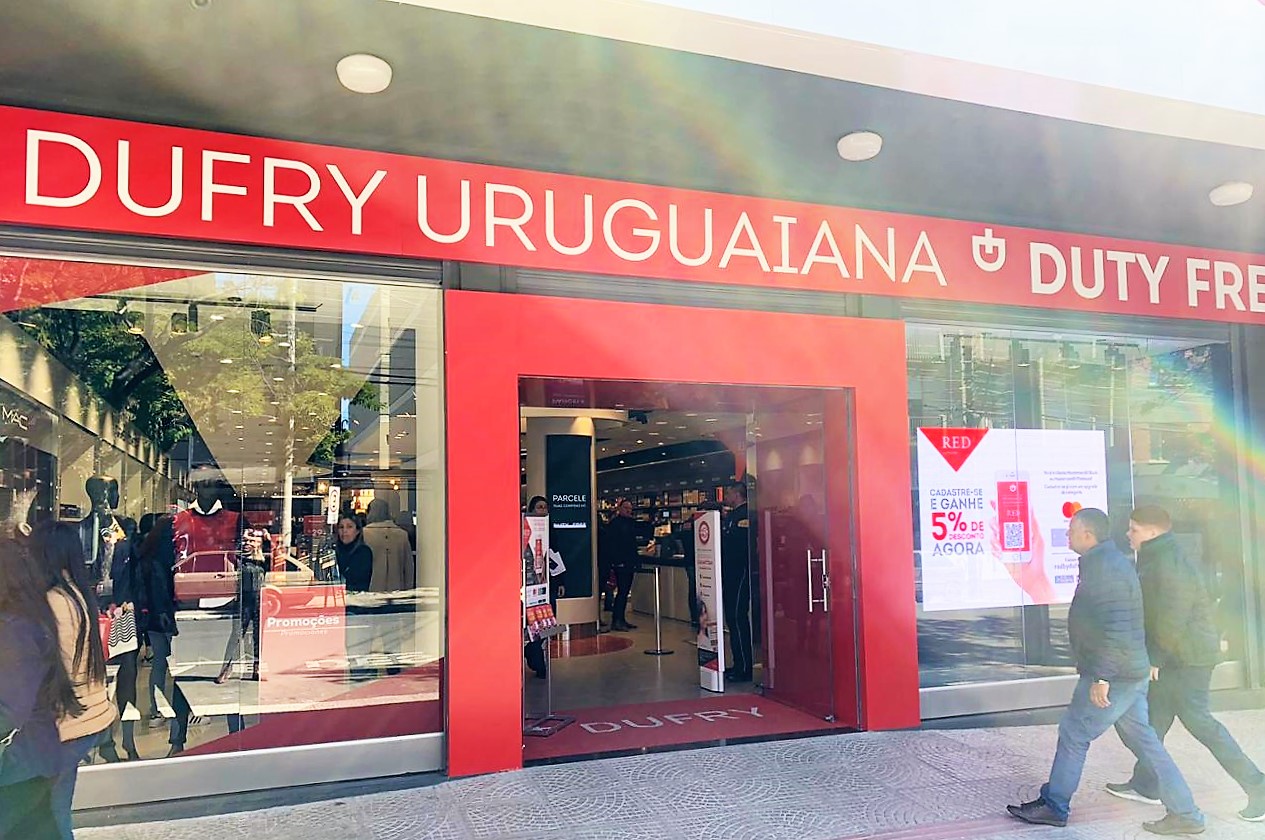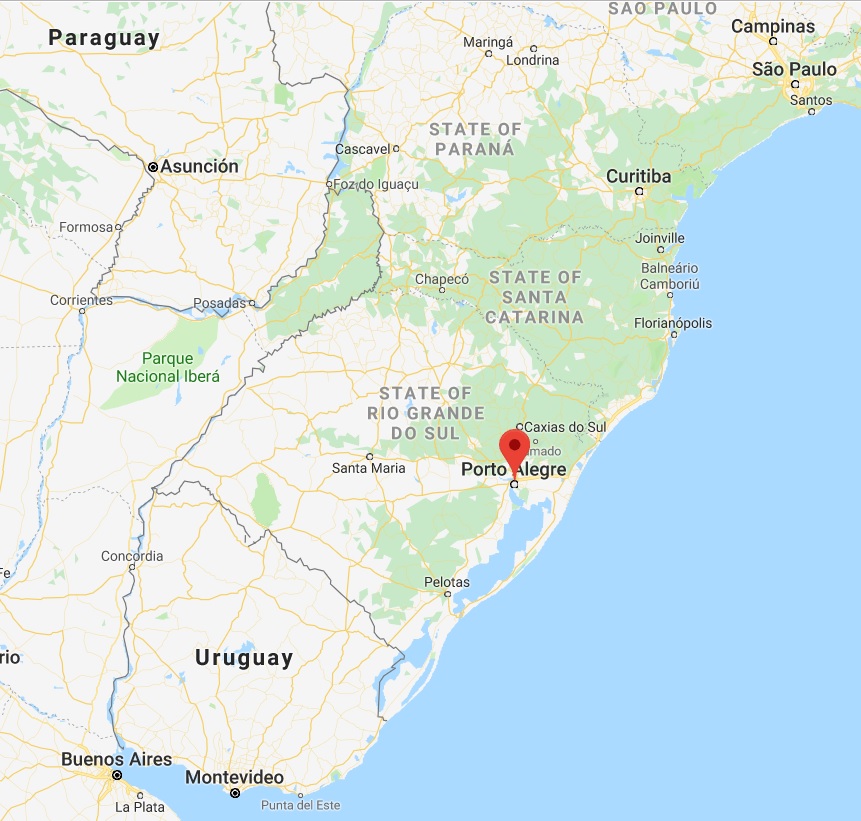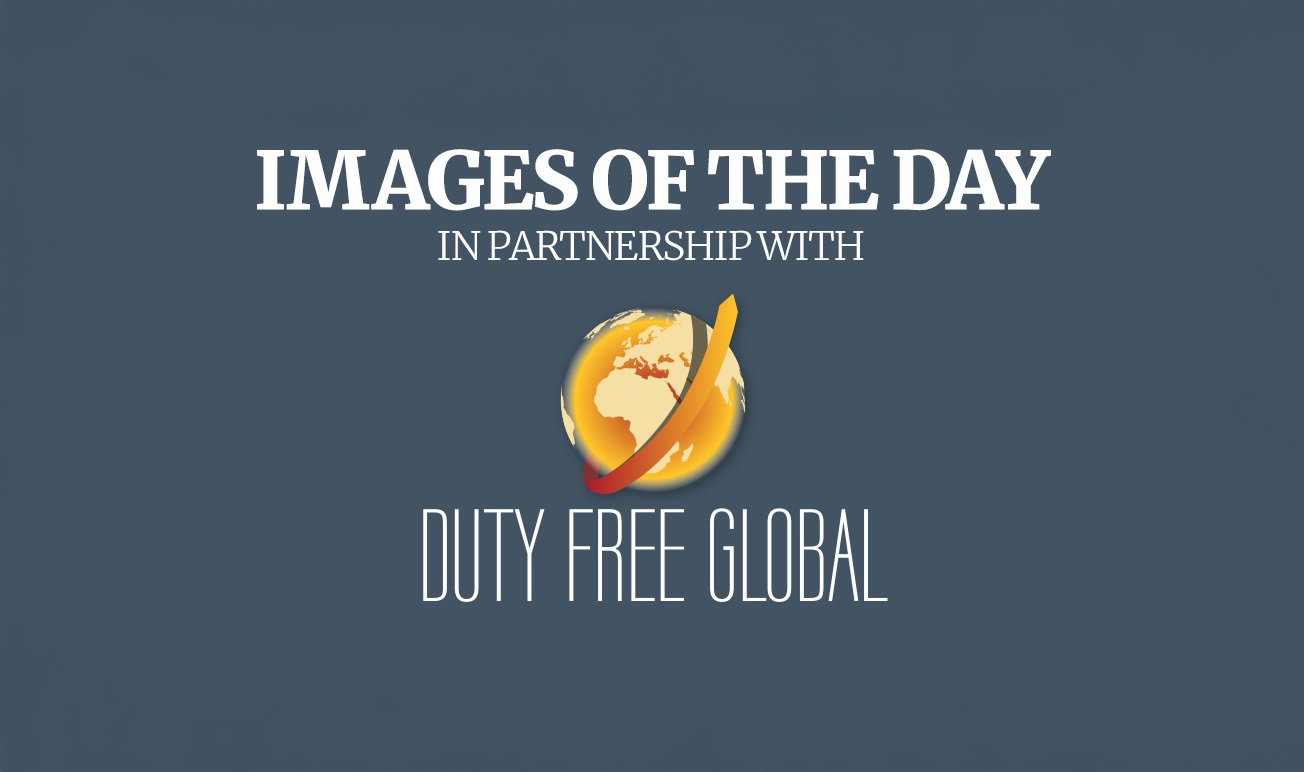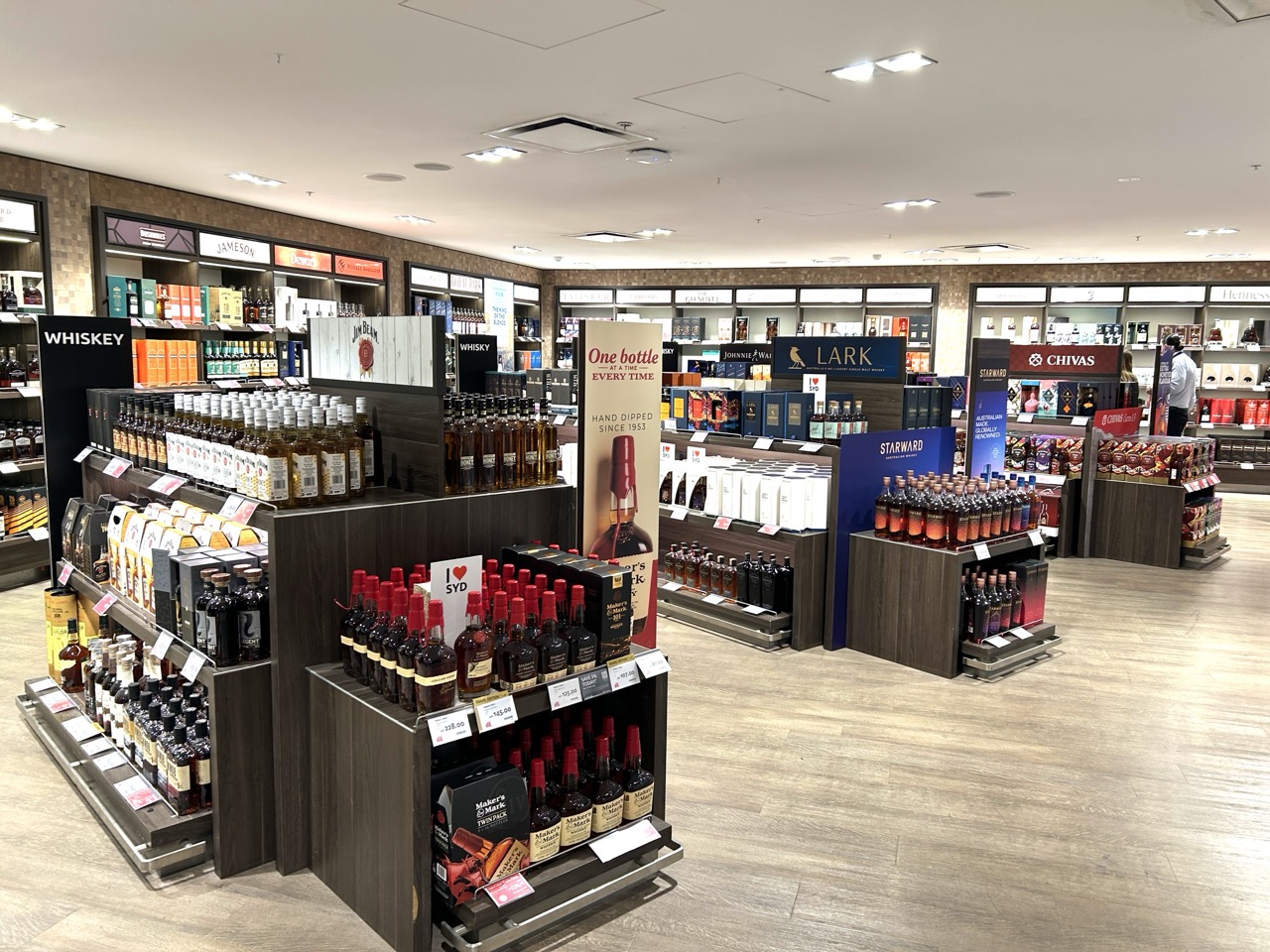SOUTH AMERICA. Global travel retailer Dufry soft-opened its first duty free store on the Brazil border yesterday (Wednesday) in the city of Uruguaiana according to Latin American duty free association ASUTIL. The official opening will take place on 22 August.

The large 850sq m store is the first from a big player on the border, said ASUTIL Secretary General, José Luis Donagaray during a media webinar held earlier today. Local operators have also opened two other smaller stores, he said, in Barra do Quarai (bordering Uruguay and Argentina) and in Jaguarão (bordering Uruguay).
Uruguaiana is the second-largest city on the Brazilian border with Argentina and Uruguay. Dufry’s store is located near the bridge crossing to Argentina “making it easily accessible to Argentinians” said the travel retailer.

With 32 twin border cities authorised to operate duty free shops, mostly in the south of Brazil, Receita Federal, Brazil’s federal revenue agency – which has tax collection and customs responsibilities – has started granting licences to shop operators. However logistics have been one of several hurdles for smaller players.
Therefore, as previously reported, ASUTIL has decided to host a dedicated conference – Encuentro de Frontera 2019 – specifically about the border business. The dates for the two-day event have been confirmed as 5-6 November at Porto Alegre in Brazil, where the law sanctioning new border stores first gained political momentum.
Border conference welcomes non-members

ASUTIL has promised an immersive dip into all aspects of delivering a successful border shop operation. There will be presentations on the economics of the region from Argentinian economist Carlos Melconian and updates on new border rules and regulations, including an address from Receita Federal.
A key aspect of the event stressed by ASUTIL is that it will be open to non-ASUTIL members. Due to the novelty of the new border set-up, both non-member operators and suppliers will be able to attend so they can learn about the fledgling business and also partner up through networking sessions.
“We need to help operators, potential operators and suppliers understand how this border business will develop. We will also have a panel that includes logistics experts and someone from the Uruguay Free Zone to explain the best ways to optimise goods transfer,” said Donagaray.
ASUTIL expects about 15 member and non-member operators to attend the meeting and up to 200 participants in total. The association will open registrations by the end of August.
Duty free sales improved in May and June
Economically, border expansion is coming at a problematic time. Argentina’s Peso crashed again on Monday following a poorer-than-expected performance from pro-markets President Mauricio Macri in the election primaries. The currency is at another all-time low against the US dollar. “Also Brazil has not had the growth we expected,” said Donagaray.

Responding to a question from The Moodie Davitt Report about current conditions in the duty free channel after a big decline of 20–25% in the four months to April, Donagaray commented: “We had some recovery in May and June, they were good months, and sales were level with last year. However, with the situation in Argentina, and Brazil’s difficulties, we expect to have some hard numbers in the second semester.”
ASUTIL did not offer any forecast on the possible scale of the border business or how many licences might eventually be granted. Donagaray said: “It is impossible to know. This is a new business. With 32 cities there are 32 different situations. Locations in the north facing Venezuela will sell a mix that is not the same as that for Peru or Argentina.” In fact, the only countries in the region that do not border Brazil are Chile and Ecuador.
On negotiations related to the Mercosur-wide harmonisation of land border duty free regulations Donagaray said that “in the coming weeks we will have some news”. He also alluded to a possible increase in allowances at airports in Brazil.











